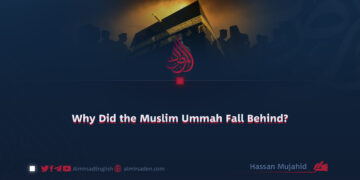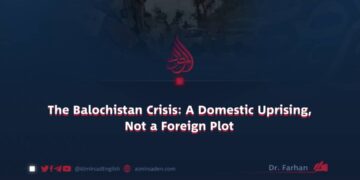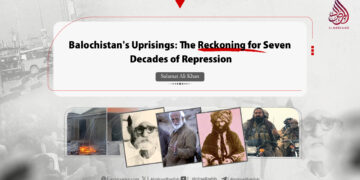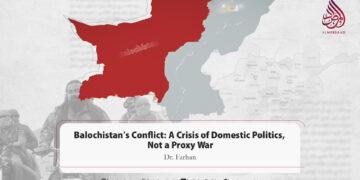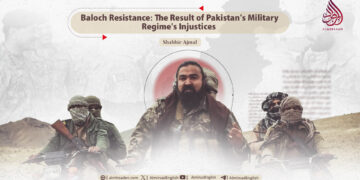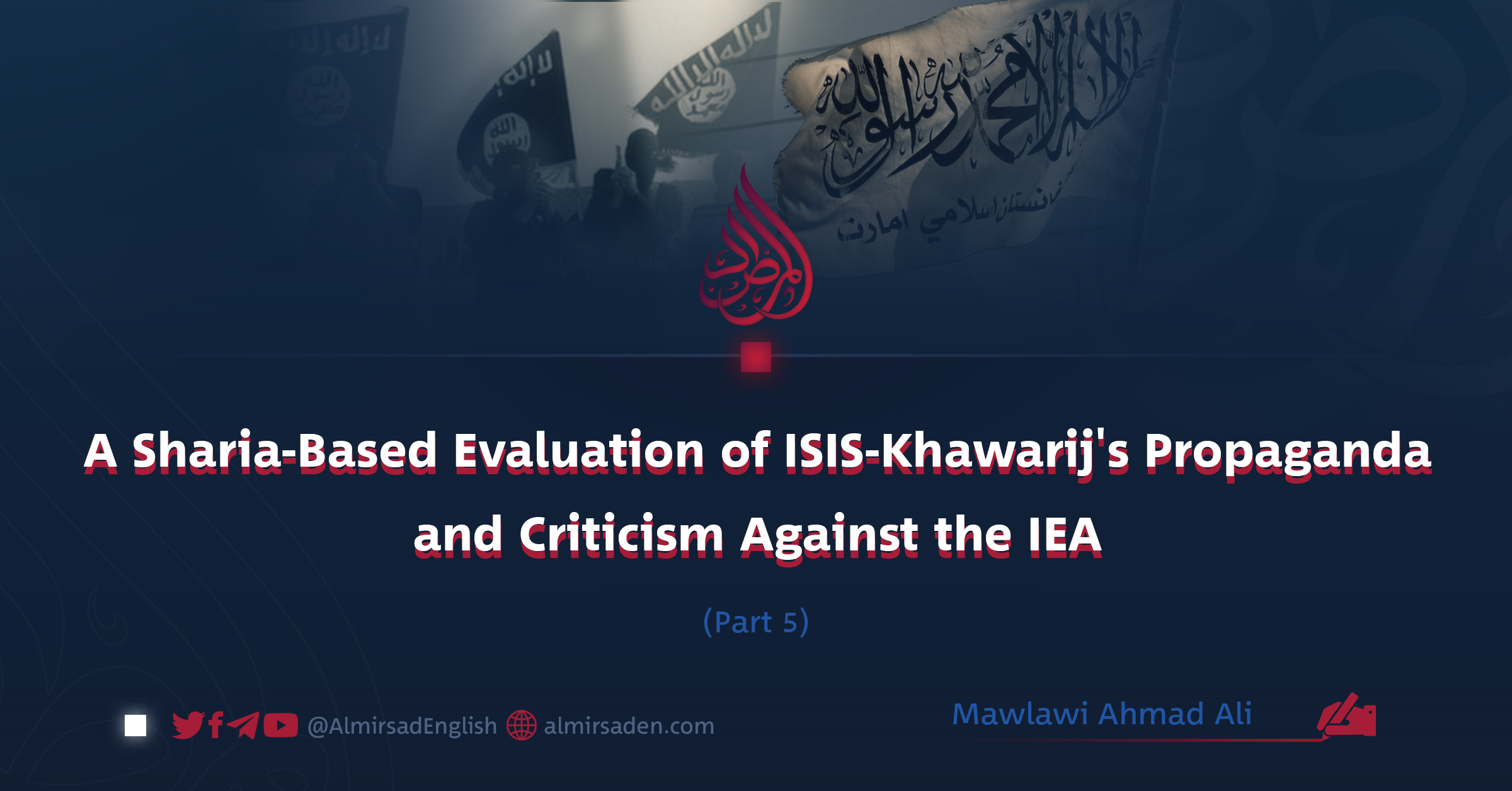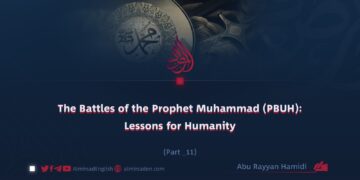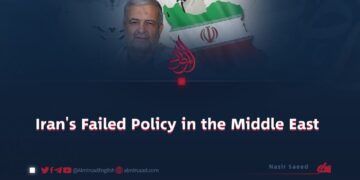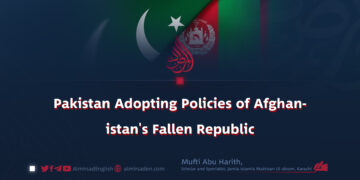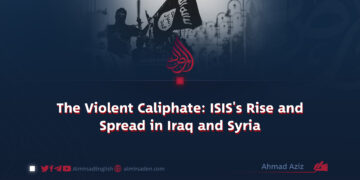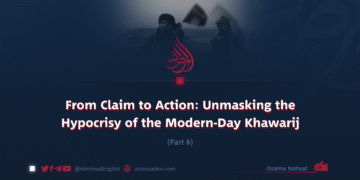Author: Mawlawi Ahmad Ali
Part 5
The Kharijites, as described by the Prophet Muhammad (peace be upon him), are individuals lacking a proper understanding of religion. He referred to them as “Sufahaa al-Ahlaam” (foolish-minded) and “Hudathaa al-Asnaan” (young in age), signaling a deficiency in wisdom and maturity. Naturally, a lack of wisdom and maturity hinders the acquisition of proper religious comprehension.
Historically, unlike other misguided factions that often possessed renowned scholars and detailed histories, the Kharijites emerge as a group devoid of distinguished scholars. They are typically short-lived, facing numerous challenges and holding a transient influence marked by intense hostility but limited longevity.
As the Prophet (peace be upon him) said, “Whenever a horn (of the Khawarij) appears, it will be cut off,” indicating that their ideologies and actions lack enduring substance. Therefore, their consistent history, beliefs, and ideology have not been preserved.
The Kharijites, both past and present, share a common trait: they declare Muslims as disbelievers (takfir) over matters that do not render a person outside the fold of Islam.
Sometimes, this takfir is over major sins, and at other times, even over permissible acts. For instance, during the time of the Companions, they declared Ali (may Allah be pleased with him), his supporters, and Mu’awiya (may Allah be pleased with him) and his supporters as disbelievers.
Due to their superficial understanding, youthful enthusiasm, and lack of wisdom, they proclaimed “Judgment belongs to Allah alone” and deemed all Muslims of that period as disbelievers, except for themselves. Subsequently, they initiated armed resistance against them.
Dr. Mustafa Hilmi, in his book “Al-Khawarij,” states:
ومن العسیر الوقوف علی معتقدات الخوارج من واقع کتبهم فالغالب ان مکتبات المسلمن عاریة عن مؤلفاتهم.
Translation:
“It is difficult to understand the beliefs of the Khawarij from their own writings, as Muslim libraries generally lack their works due to the challenging circumstances they often face.”
They seldom had the opportunity to engage in writing or compiling texts, causing each generation of Khawarij to exhibit variations in thought and beliefs, albeit united in their tendency to declare Muslims as disbelievers over non-disbelieving issues.
This means they consider as disbelievers those who engage in actions or beliefs that do not take one out of the fold of Islam.
For instance, Shaykh Ibn Taymiyyah (may Allah have mercy on him) stated:
“وكذلك الخوارج لما كانوا أهل سيف وقتال ظهرت مخالفتهم للجماعة حين كانوا يقاتلون الناس وأما اليوم فلا يعرفهم أكثر الناس وظهرت الخوارج بمفارقة أهل الجماعة واستحلال دمائهم وأموالهم.”
Translation:
“The Khawarij were people of sword and fighting, and their opposition to the Muslim community became apparent when they began to fight people. Today, most people do not know them, but they became known for separating from the Muslim community and making the blood and wealth of Muslims lawful for themselves.”
In essence, the recognition of the Kharijites comes from their actions—declaring Muslims as disbelievers, making their blood and wealth lawful to take. They do not openly identify themselves as Kharijites but may even claim to be strong Sunnis.
Sometimes, they may align their writings with Sunni beliefs, yet their actual actions deviate significantly from true Islamic teachings.
Dr. Awais Al-Mazhar writes:
“فالخوارج یتم الحکم علیهم من استقرار الاحوال و تتبع المواقف ولن تجد رجلاً منهم یصرح لک انه خارجی بل قد یکون کتبه التی یکتبها کلها موافقة لعقیدة أهل السنة و عند التنزیل یکون الأمر مختلفاً.”
Translation
“One can only judge the Khawarij by observing their conduct and stances. It is rare to find an individual among them openly declaring himself as a Khariji, as their written works may sometimes align with the beliefs of Ahl al-Sunnah; however, practical applications differ significantly.”
Dr. Awais Al-Mazhar further explains that our disagreement with contemporary Khawarij is not over their sources of argument. Both ancient and modern Khawarij use valid generalities (from Islamic sources) for argument, but their error lies in application. They misapply verses intended for disbelievers to Muslims. Thus, our issue with them is due to their misinterpretation and faulty reasoning.
As mentioned by Ibn Umar (may Allah be pleased with him), the Kharijites apply verses revealed regarding disbelievers to believers.
Their issue is not with the source but with their faulty interpretation, as Dr. al-Mazhar explains:
“ونؤکد أن المشکلة لیست فی التاصیل، فالعمومات التی یستدل بها الخوارج قدیما و حدیثاً هی عمومات صحیحة ولکنهم ینزلونها علی غیر واقعها، فالمشکلة فی التنزیل کما جاء عن السلف فی وصف الخوارج أنهم ینزلون الآیات التی نزلت فی الکفار علی المؤمنین و لذالک فمشکلتهم فی التأیل الفاسد.”
Hafiz Ibn Hajar (may Allah have mercy on him) also notes:
“وکان یقال لهم القراء لشدة اجتهادهم فی التلاوة والعبادة الا أنهم کانوا یتأولون القرآن علی غیر المراد منهم و یستبدون برأهم و یتنطعون فی الزهد والخشوع و غیر ذالک.”
Translation:
“They were called “Qurra” due to their devotion to recitation and worship, but they interpreted the Quran incorrectly, often inferring meanings contrary to the text’s intent. For instance, they misunderstood the concept of “Judgment belongs to Allah alone,” believing that attempts to reconcile among Muslims constituted associating partners with Allah’s authority.”
The current ISIS Kharijites exhibit similar characteristics. They misinterpret the Quran and Sunnah, have superficial knowledge, lack knowledgeable scholars, and remain rigid in their views.
As Ibn Taymiyyah said:
“و لکن بدعة الخوارج کما یقولون کان قصداهلها متابعة النص والرسول لکن غلطوا فی فهم النصوص و کذبوا بما یخالف ظنهم من الحدیث ومعانی الایات.”
Translation:
“But the innovation of the Khawarij, as it is said, was that they intended to follow the text (of the Qur’an) and the Messenger. However, they erred in understanding the texts and denied whatever opposed their assumptions from the hadith and the meanings of the verses.”
They hold a misguided belief, interpreting Quranic verses and hadiths to support a deviated ideology. Consequently, they label any scholar who disagrees with them as corrupt, weaken any hadith that opposes their ideology, and dismiss any Quranic interpretation that contradicts their beliefs.






